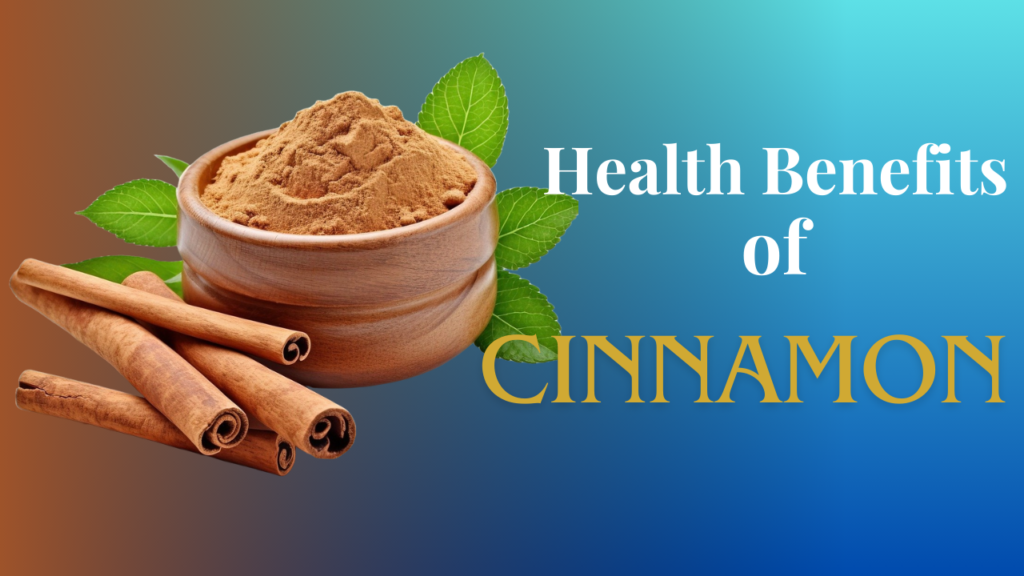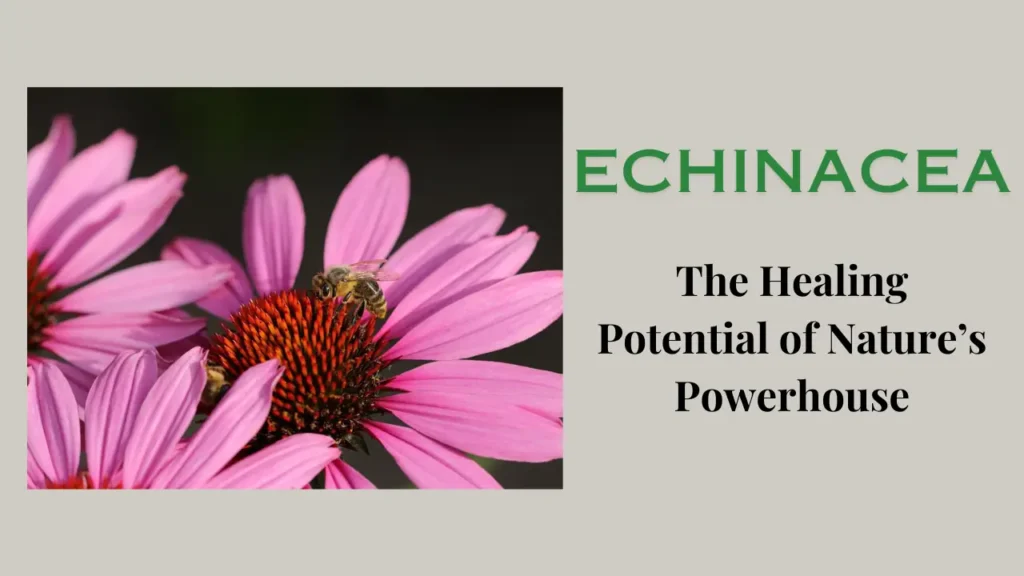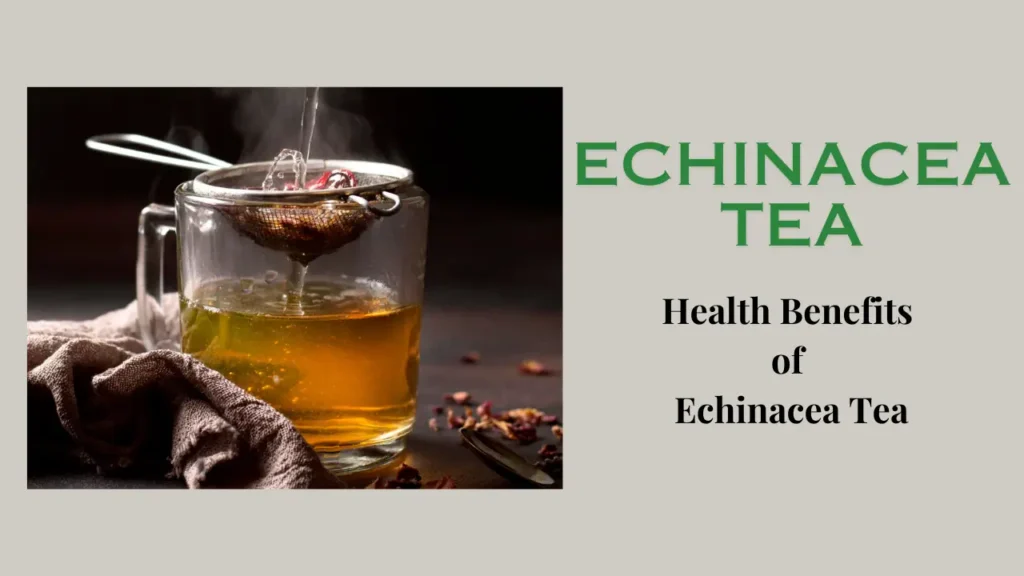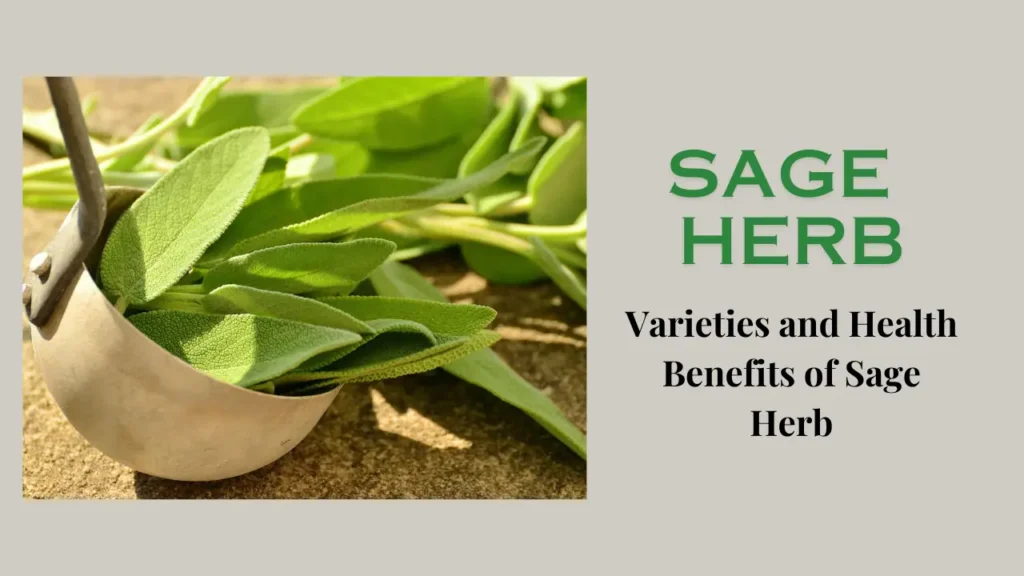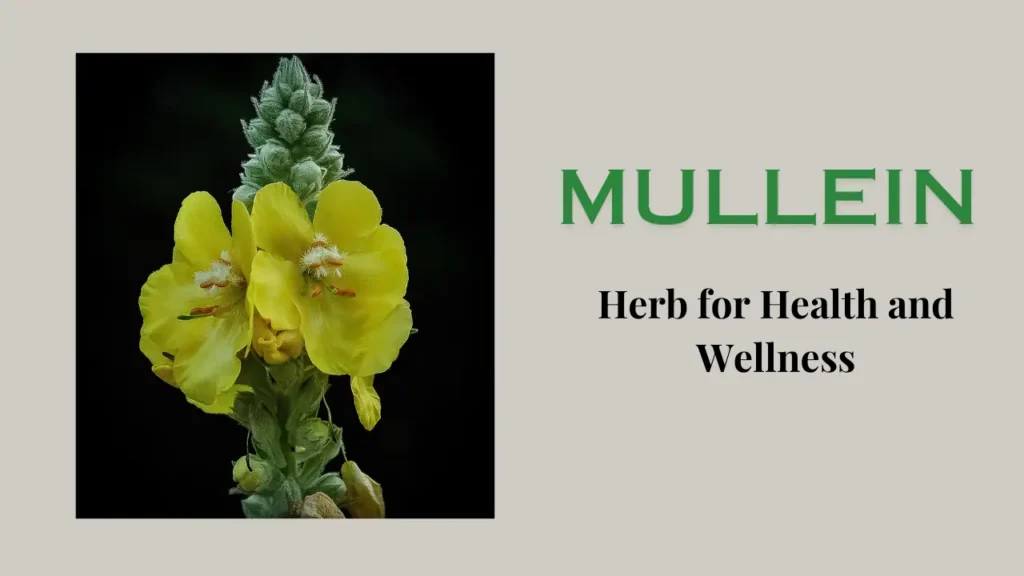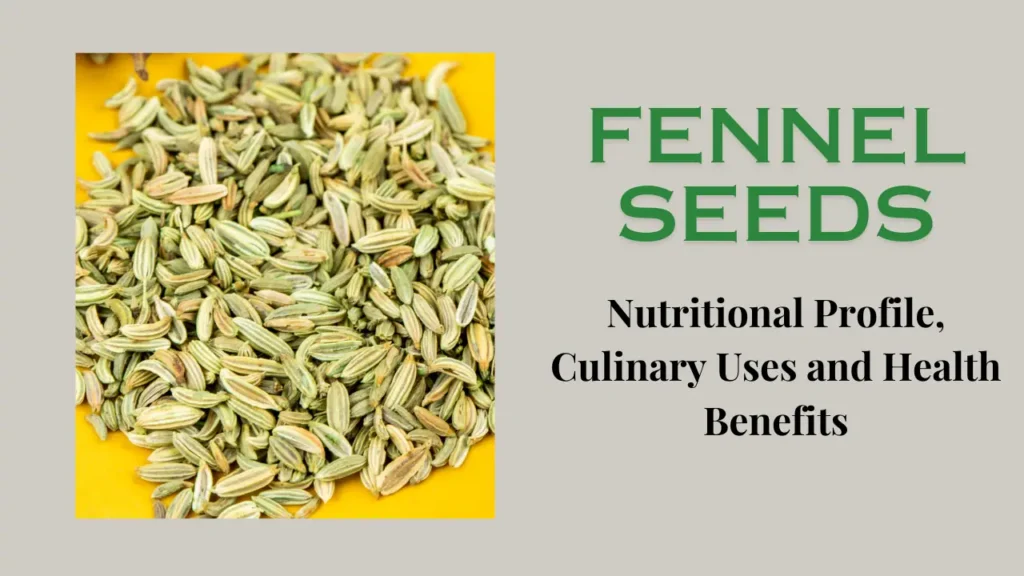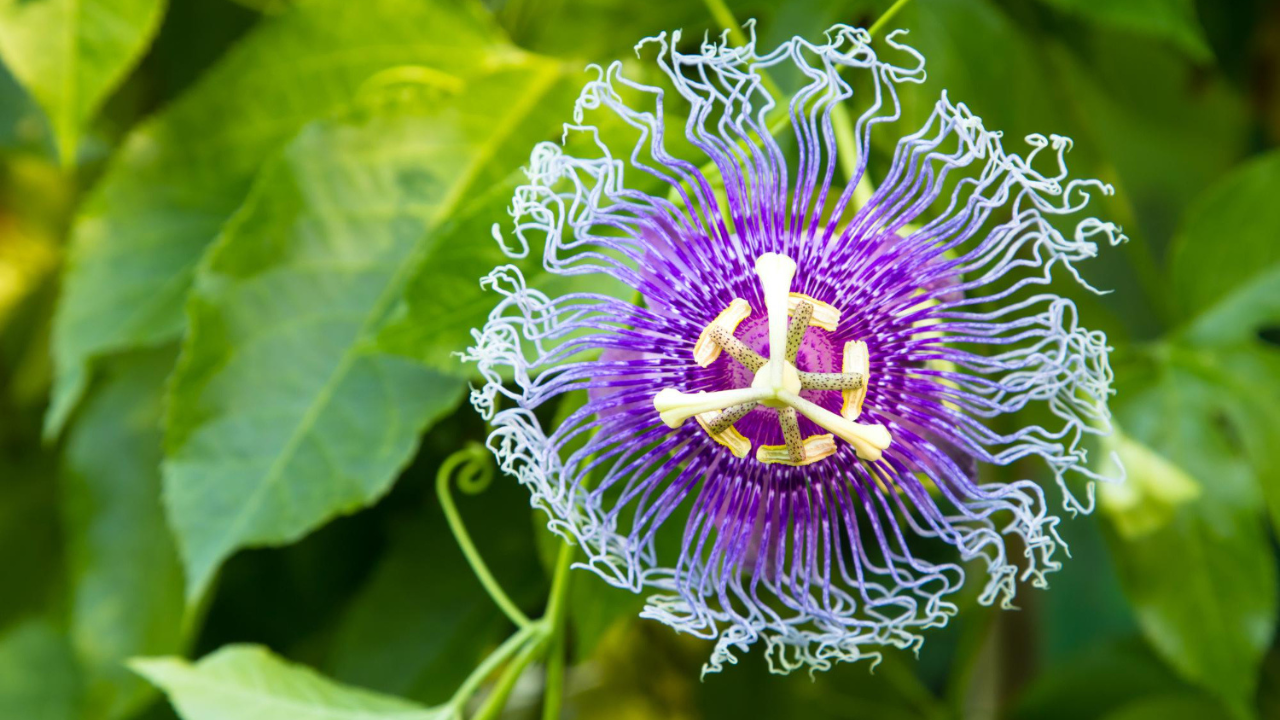
Origin and Appearance
- The plant features large, vibrant flowers with varying colors such as purple, blue, white, or pink.
- The flowers are composed of several delicate petals, stamens, and a prominent pistil.
- The leaves are green and deeply lobed, adding to the plant’s aesthetic appeal.
- Passionflower produces small, oval-shaped fruits known as “passionfruit,” which are often enjoyed for their tropical flavor.
Traditional and Medicinal Uses
A. Natural Relaxant and Sedative
- Passionflower is renowned for its calming effects on the nervous system, making it an excellent natural remedy for anxiety, stress, and insomnia.
- It helps relax both the body and mind, promoting a sense of tranquility and aiding in achieving restful sleep.
Read Also: Saw palmetto
B. Mood Enhancement and Depression Management
- It may help alleviate symptoms of depression by increasing levels of gamma-aminobutyric acid (GABA) in the brain, which has a positive impact on mood regulation.
- It may also assist in reducing irritability, promoting emotional balance, and uplifting overall well-being.
C. Pain Relief
- It possesses analgesic properties, making it useful in managing headaches, muscle tension, and general pain.
- It can be applied topically as an oil or cream or consumed orally in the form of teas or supplements.
D. Digestive Aid
- It can support digestion by reducing gastrointestinal spasms and improving overall gut health.
- It may provide relief from stomachaches, indigestion, and irritable bowel syndrome (IBS).
Scientific Studies and Active Compounds
A. Flavonoids
- Flavonoids are powerful antioxidants that protect the body from oxidative stress and inflammation. It contains flavonoids such as chrysin, apigenin, and vitexin, which contribute to calming and anti-anxiety effects.
B. Alkaloids
- Harmine and harmaline are alkaloids present in passionflower that have sedative and anticonvulsant properties. These alkaloids enhance the relaxation response and promote sleep.
C. GABA-Boosting Effects
- It increases the availability of GABA, a neurotransmitter that inhibits brain activity, bringing a feeling of peace and relaxation. By modulating GABA receptors, passionflower may help reduce anxiety and induce sleep.
Safety Precautions and Considerations
A. Allergic Reactions
- Some people may be allergic to this herb, especially those who are allergic to other plants in the Passifloraceae family. If you experience symptoms such as rash, itching, or swelling, discontinue use and seek medical advice.
B. Sedative Effects
- This herb has soothing properties, which means it increases the effects of other sedative medications or substances so avoid combining passionflower with sedative medications, including alcohol, to prevent excessive drowsiness or dizziness.
C. Pregnancy and Breastfeeding
- There is limited research available on whether it should be consumed during pregnancy and breastfeeding, so be sure to consult a doctor before using it in these circumstances.
How to Incorporate Passionflower into Your Life
Herbal Tea
- Brewing this tea is a simple and popular method to experience its calming effects.
- Steep 1-2 teaspoons of dried leaves in hot water for 10-15 minutes and enjoy.
Tinctures and Extracts
- For a more concentrated form of passionflower, tinctures, and extracts are available at health food stores or online.
- Follow the recommended dosage instructions provided on the product packaging or consult a herbalist.
Aromatherapy and Essential Oils
- Its essential oil can be diffused in your home or added to a carrier oil for massage purposes.
- The soothing aroma promotes relaxation and creates a tranquil atmosphere.
Conclusion
Although passionflower does not guarantee sleep, it has properties that promote relaxation and reduce sleep problems. It contains several compounds, including apigenin and harman, which interact with GABA receptors in the brain to potentially reduce anxiety and promote calmness. Research shows that it is helpful for people with mild insomnia.
It indirectly increases serotonin levels. It does not directly boost serotonin, but by preventing its breakdown, it allows current levels to last longer. Serotonin plays a role in sleep and mood regulation, so this indirect effect contributes to the plant’s calming properties.
No, this herb is not considered a strong sedative. Compared to prescription sleeping medications, it has a milder effect and does not cause intense drowsiness. However, it is important to note that individual sensitivity may vary, so start with a low dose and see your reaction.
The best place to plant this herb depends on the climate and desired use:
- Hot climate: This situation requires well-drained soil with full sun to partial shade.
- Cold climate: In such a situation, it should be in a sunny location with protection from frost. Can be planted in a pot and brought indoors during winter.
Most of their varieties cannot tolerate cold. Cold temperatures cause the tender vines to die largely or completely. However, some of its hardy species, such as Passiflora incarnata, can withstand light frost (below -1°C/30°F). If you are unsure about the cold tolerance of your variety, plant it in a pot and provide winter protection in the cold.

